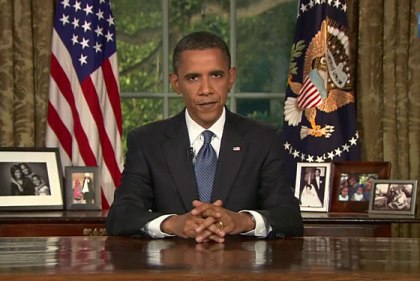China and America Should Say Goodbye to the Age of the War of Words
In contrast, when a delegation of over 200 representatives consisting of more than half of Washington’s highest officials, senators and civil servants recently came to the Diaoyu Islands, expectations were rather low.
About two or three months ago a fierce war of words about the revaluation of the yuan broke out, and frictions about trade were considered less pressing to resolve or even put on the agenda. However, harsh words were not exchanged before this meeting. This left the reporters, who were used to and rather enjoyed the hostile environment, feeling quite unsatisfied.
Within two days after the talks ended, the Chinese government website announced that within China and America’s strategic and economic framework, a strategic dialogue had been held and twenty-six outcomes were achieved. Both sides talked about important bilateral, regional and global issues. After some careful analysis of these talks, which the people do not consider to be hot topics, one can discover that they did not reach any significant outcomes, but instead created a working plan for the future. In other words, since these two countries have such relaxed and friendly communications, the two sides did not rush to find solutions to their differences, but instead established a working method for communicating about these kinds of topics. The real value of these talks is in this working method. Just like a duck floating on the water, on the surface it looks like the duck is not moving at all, but under the water he is delicately coordinating his movements. This is the value of large scale communications like these; both sides can come to a mutual understanding and build stable and routine communications. This is something that was missing earlier, when Sino-American relations were still developing.
The main reason why this dialogue created a warm and friendly rather than heated atmosphere was because the U.S. government did not force China to take a firm position on any issue. Naturally, China took advantage of the situation and focused on improving bilateral communications. As for the American government being so united on this action, I think it’s because after having this war of words, the American government did not talk about past evidence regarding the yuan issue, trade friction and other disputes. If this is the case, then wouldn’t establishing a solid communication foundation be more meaningful than having a meaningless war of words?

